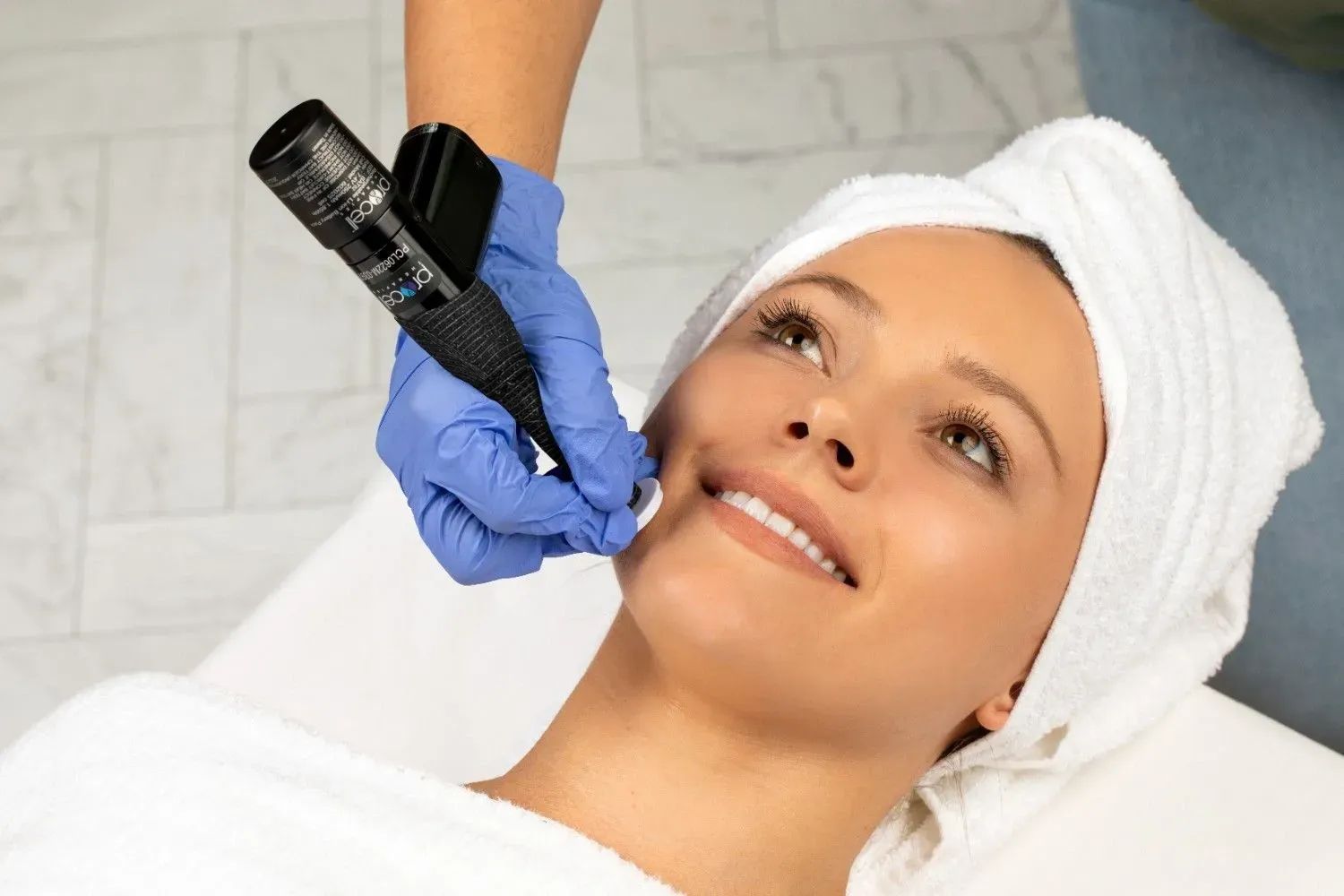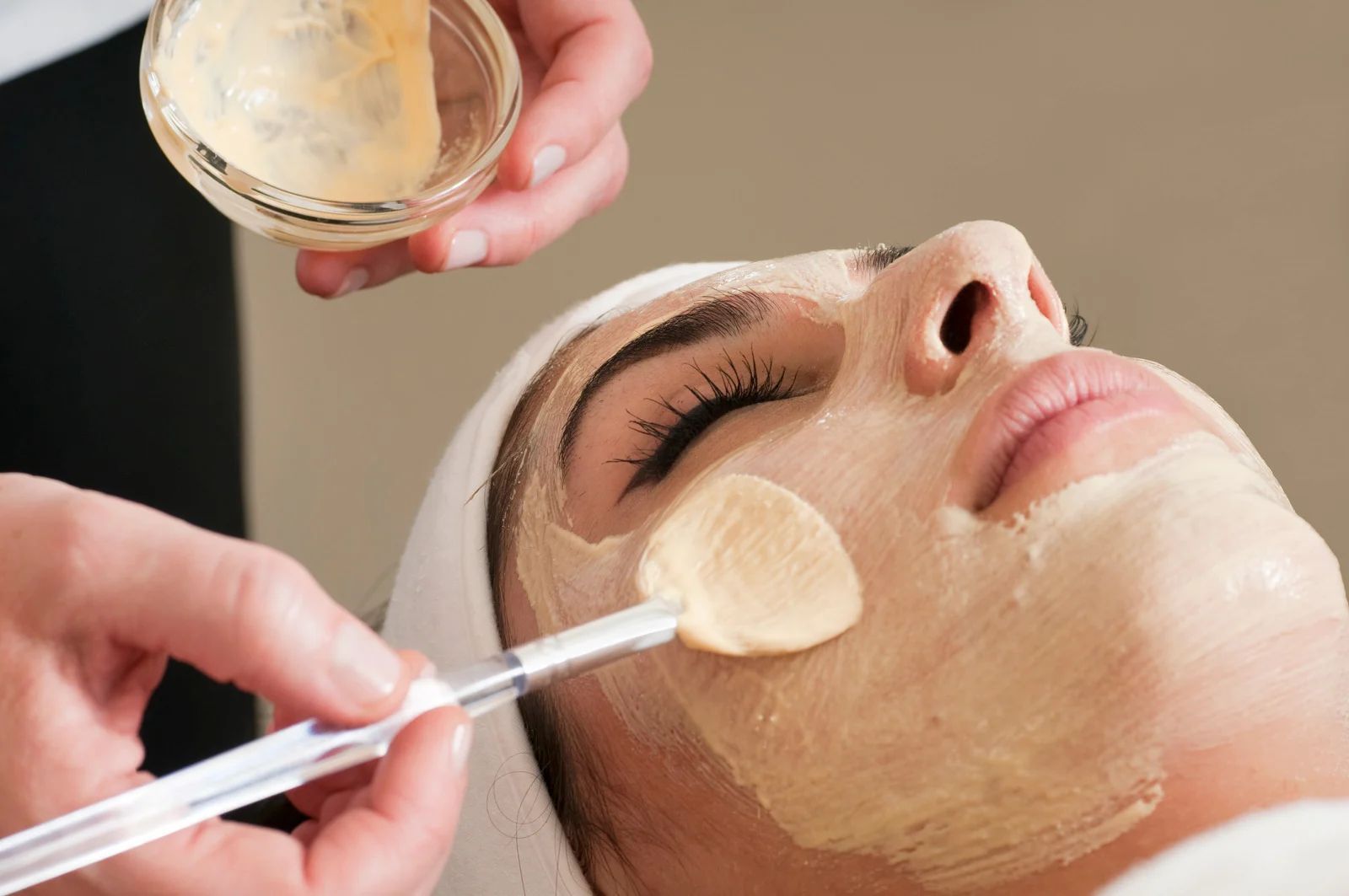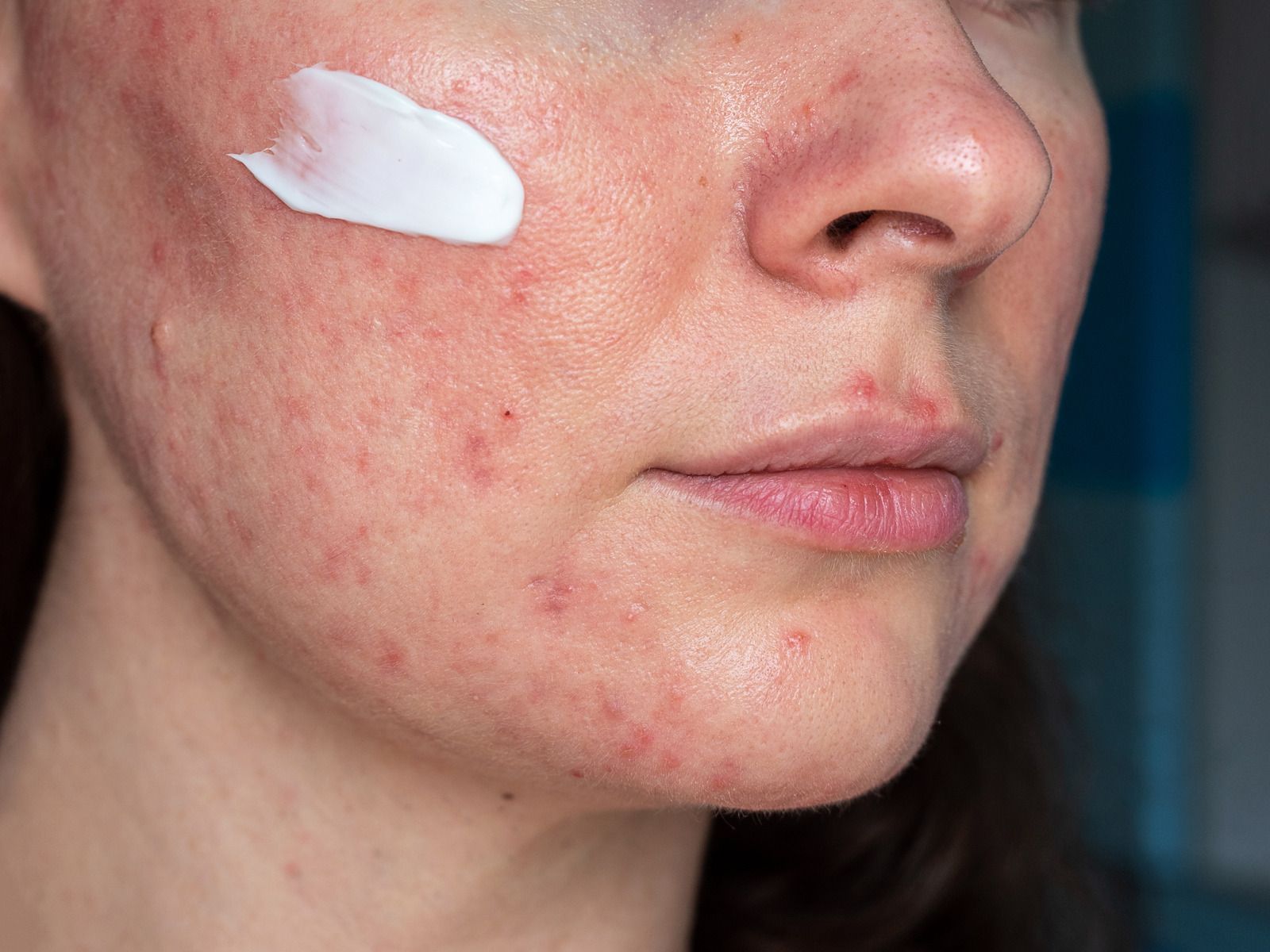Chemical Peels vs. Dermaplaning: Which Treatment Is Right for Your Skin?
June 6, 2025

When it comes to rejuvenating your skin and achieving a smoother, brighter complexion, two popular professional treatments stand out: chemical peels and dermaplaning. Both are effective exfoliation methods that address a range of skin concerns—from dullness and fine lines to acne scars and uneven texture. However, they work differently and offer distinct benefits depending on your skin type, sensitivity level, and skincare goals. Choosing the right treatment requires understanding how each works, what results you can expect, and which concerns they best address. In the hands of a trained skincare specialist, either treatment can leave your skin looking refreshed, revitalized, and visibly healthier.
How Chemical Peels Work
Chemical peels use a specialized solution, typically composed of alpha-hydroxy acids (AHAs) or beta-hydroxy acids (BHAs)—to gently exfoliate the top layers of skin. This process triggers cell turnover and encourages the growth of new, healthier skin. Chemical peels are ideal for addressing hyperpigmentation, sun damage, acne, and fine lines. Depending on the strength of the peel, results can range from a refreshed glow to significant improvement in skin tone and texture.
The Benefits of Dermaplaning
One of the primary signs of aging is loss of moisture in the skin. Anti-aging facials use advanced hydrating masks, serums, and moisturizers enriched with hyaluronic acid and other humectants to deeply hydrate the skin. This not only helps reduce the appearance of wrinkles but also enhances the skin’s resilience and elasticity. Hydrated skin appears smoother, more vibrant, and better equipped to defend against environmental stressors.
Exfoliation for Cell Turnover
Dermaplaning is a manual exfoliation technique that uses a sterile surgical blade to remove dead skin cells and fine vellus hair (peach fuzz) from the surface of the skin. This non-invasive treatment leaves the skin ultra-smooth and allows for better absorption of skincare products. It’s especially beneficial for those with dry or rough skin texture and is a great option for people looking for immediate, visible results with no downtime.
Choosing Based on Skin Sensitivity
For individuals with sensitive or reactive skin, dermaplaning is often the preferred choice. It offers exfoliation without the risk of chemical irritation and provides an instant glow. On the other hand, chemical peels can be customized in strength to suit different skin types and concerns, but may involve temporary redness or peeling. Consulting with a skincare professional can help determine which treatment is most compatible with your skin’s tolerance level.
Targeting Specific Skin Concerns
If your main concern is surface-level dullness or clogged pores, dermaplaning provides a gentle yet effective solution. For deeper skin issues like acne scars, sun damage, or uneven pigmentation, chemical peels offer more intensive treatment and longer-lasting results. Some clients even benefit from alternating between both treatments, depending on their ongoing skin care needs and treatment goals.
With professional guidance, either option can enhance your complexion and support long-term skin rejuvenation. The right treatment depends on your individual skin goals, type, and tolerance, making personalized care essential. Skincare Specialists, LLC
is a reputable skincare clinic based in Tukwila, Washington, with over 5
years of hands-on experience. Offering expert chemical peels and dermaplaning treatments, their team tailors each service to your unique skin needs, ensuring safe, effective, and radiant results backed by professional care.




